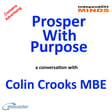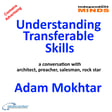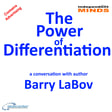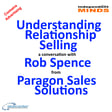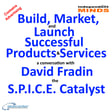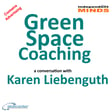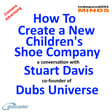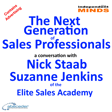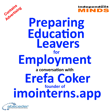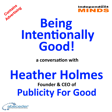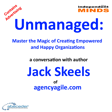
What Every Parent Needs to Know About School – a conversation with Caroline Hudson the Kitchen Table Teacher.
There can not be a parent of a school age child who does not want their child to do better at school than they did.
Every parent wants to play an active role in supporting their child to do well in every aspect of their school life not just their academic attainment.
But our memories of what school was like are not always happy ones, and the way schools teach even the most basic aspects of English and Maths today seems very different from how things were in our day.
It is easy to understand why parents feel frustrated. It is not easy.
There is help – Caroline Hudson is a teacher who left the classroom and became the Kitchen Table Teacher.
In this episode of The Independent Minds Caroline explains how small group of parents join her around her physical or virtual kitchen as she demystifies what happens in schools and helps parents provide the support their children need.
The Independent Minds is made on Zencastr.
Zencastr is the all-in-one podcasting platform, on which you can create your podcast in one place and then distribute it to the major platforms like Spotify, Apple, and Google. It really does make creating content so easy.
If you would like to try podcasting using Zencastr visit zencastr.com/pricing and use our offer code ABECEDER.
Find out more about both Michael Millward and Caroline Hudson at Abeceder.co.uk
Three the network
If you are listening to The Independent Minds on your smart phone, you may like to know that Three has the UK’s Fastest 5G Network with Unlimited Data, so listening on Three means you can wave goodbye to buffering.
Visit Three for information about business and personal telecom solutions from Three, and the special offers available when you quote my referral code WPFNUQHU.
Being a Guest
If you would like to be a guest on The Independent Minds, please contact using the link at Abeceder.co.uk.
We recommend that potential guests take one of the podcasting guest training programmes available from Work Place Learning Centre.
We appreciate every like, download, and subscriber.
Thank you for listening.
